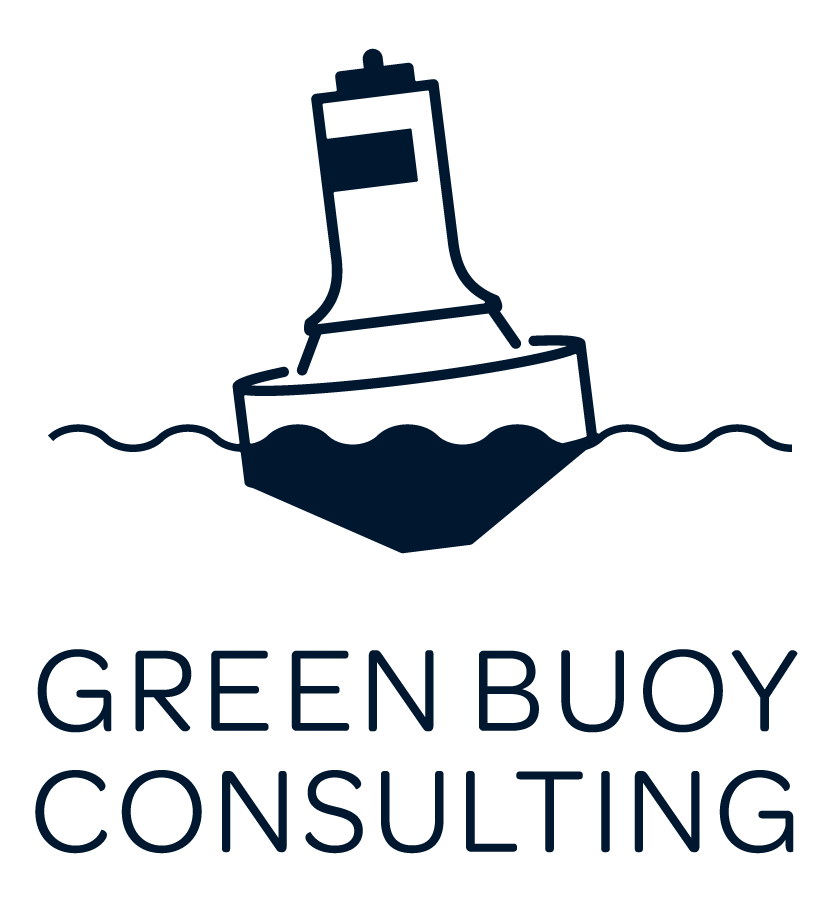How Investors and Advisors Can Influence ESG
Recent data from McKinsey shows companies with robust sustainability practices were more potent in these five areas: "top-line growth, lower costs, fewer legal and regulatory interventions, higher productivity, and optimized investment and asset utilization." For private companies, these sustainability outcomes are driven by and for the interest of employees and the executive team. But it's unwise to discount the role of private investors, advisors and other stakeholders in company growth, innovation and sustainability.
As sustainability becomes more mainstream in corporate operations, how and why should an investor or advisor help companies in their portfolio become more sustainable? This broadly defined category of "investors and advisors" can be venture capitalists, private equity groups, consultants, agencies and advisors. While technically included in "stakeholders," these roles are often overlooked in sustainability conversations.
At this point, smart investors and advisors have encountered businesses focused on sustainability or are taking active steps to consider sustainability in investments. These "investors/advisors" are used to being in positions of advice and help to companies, so it's natural to want to support their sustainability activities as well.
Because of their interest in company outcomes and the indicators described above, these stakeholders must play a role in their companies' sustainability practices. Company ROI is linked directly to the investor's ROI. How would reduced costs or higher productivity affect their business? How would a better understanding of their sustainability goals benefit your relationship?
The same way stakeholders advise on marketing or operations, they should also advocate on sustainability. But how?
Create a dialogue around the value of sustainability
"Dialogue" is often seen as a lackadaisical approach to sustainability, but it's a crucial first step for visibility. Encourage companies to ask questions, plan around sustainability and complete due diligence into their material issues. Be open about your own best practices and hold workshops and encourage conference attendance. Have portfolio companies ask employees for their thoughts. Share industry information and trends so companies stay on top of sustainability. Write a blog and share your thoughts on sustainability to encourage others in your industry to do the same. We can learn so much and get pushed out of our comfort zones by communicating.
Empower companies to act on sustainability
Create a baseline of expectations for portfolio companies, including policies or procedures they should follow. Provide them access to partners to help them develop strategies or search for sustainable alternatives in their industry. Consider climate risks for improved performance. Another critical step is sharing sustainability data at portfolio companies. Whether they're B Corp certified or put out reports, share essential data with your stakeholders to help prove and promote sustainable practices.
Have partners you rely on for sustainability
Apart from building a full sustainability function at your office, you can hire strategic partners (hello!) and create a network of sustainability recommendations for companies. Building a robust network of product, supply chain and operational professionals well versed in sustainability will help your portfolio companies and make sure you're focusing on your strengths.
Suppose you're still unsure about the value of sustainability to your business, check out the data on employee engagement, the enormity of climate change, customers' focus on sustainability and how growth at purpose-driven companies is robust. The reasoning to push sustainability is clear and it's time for advisors and private investors to play a role.
If this is something you’re thinking about and want to talk more about, please reach out.
This was originally posted on LinkedIn on December 2, 2020.
Don’t miss our other blogs













